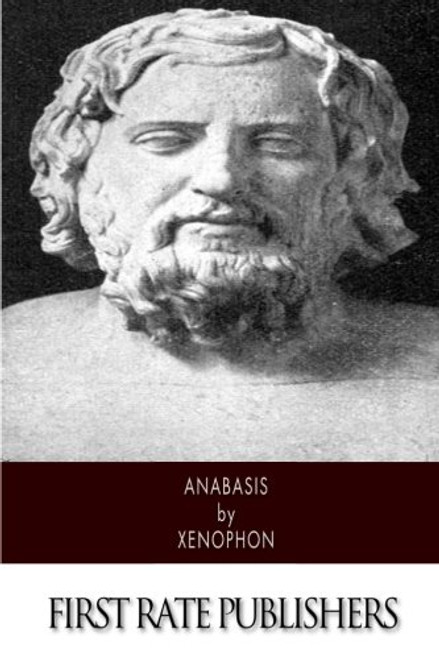Product Overview
The text was composed around the year 370 BC, and in translations, Anabasis is rendered The March of the Ten Thousand or The March Up Country. Xenophon accompanied the Ten Thousand, a large army of Greek mercenaries hired by Cyrus the Younger, who intended to seize the throne of Persia from his brother, Artaxerxes II. Though Cyrus' mixed army fought to a tactical victory at Cunaxa in Babylon (401 BC), Cyrus was killed, rendering the actions of the Greeks irrelevant and the expedition a failure. Stranded deep in Persia, the Spartan general Clearchus and the other Greek senior officers were then killed or captured by treachery on the part of the Persian satrap Tissaphernes. Xenophon, one of three remaining leaders elected by the soldiers, played an instrumental role in encouraging the 10,000 to march north across foodless deserts and snow-filled mountain passes, towards the Black Sea and the comparative security of its Greek shoreline cities. Now abandoned in northern Mesopotamia, without supplies other than what they could obtain by force or diplomacy, the 10,000 had to fight their way northwards through Corduene and Armenia, making ad hoc decisions about their leadership, tactics, provender and destiny, while the King's army and hostile natives barred their way and attacked their flanks. Ultimately this marching republic managed to reach the shores of the Black Sea at Trabzon (Trebizond), a destination they greeted with their famous cry of exultation on the mountain of Theches (Madur) in Srmene: Thlatta, thlatta , The sea, the sea! . The sea meant that they were at last among Greek cities but it was not the end of their journey, which included a period fighting for Seuthes II of Thrace and ended with their recruitment into the army of the Spartan general Thibron. Xenophon related this story in Anabasis in a simple and direct manner.










